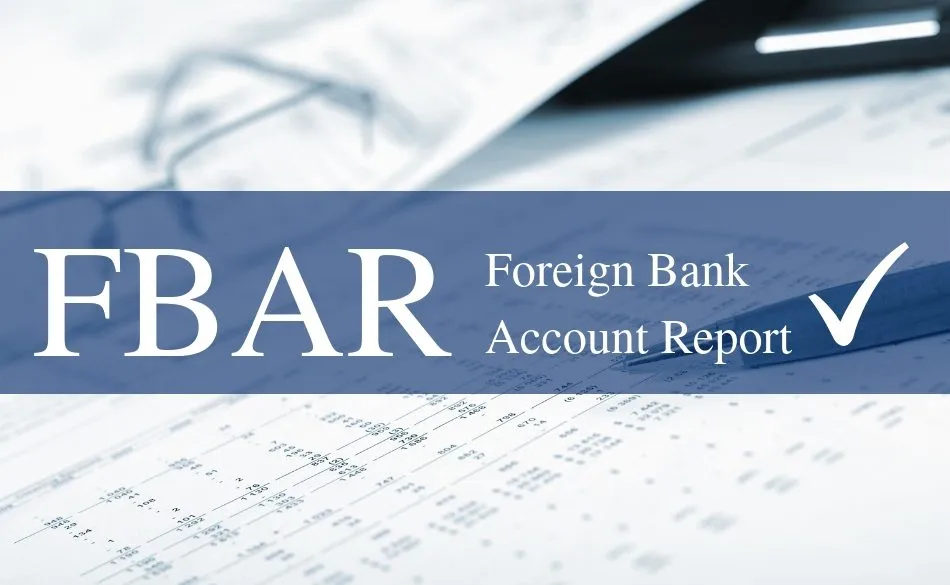 WhatsApp
WhatsApp
 Call Us
Call Us
 Email Us
Email Us
 Whatsapp Community
Whatsapp Community

For Non-Resident Indians (NRIs) with unreported foreign income and assets, compliance with tax regulations in India and abroad is crucial. The Streamlined Filing Compliance Procedures (SFOP) offer a simplified way for NRIs, especially those in the U.S., to rectify past tax non-compliance. This guide covers SFOP, its benefits, and how it aligns with tax regulations in India and the U.S.
SFOP is an amnesty program by the Internal Revenue Service (IRS) in the U.S. It allows taxpayers who were non-willfully non-compliant with their U.S. tax obligations to become compliant without facing severe penalties. Many NRIs residing in the U.S. fail to report foreign income, including Indian bank accounts, investments, and property transactions. SFOP helps them rectify this in a structured manner.
NRIs benefiting from SFOP must also comply with Indian tax laws. Key considerations include:
NRIs must proactively address their tax obligations in both India and the U.S. The Streamlined Filing Compliance Procedures (SFOP) provide an excellent opportunity for U.S.-based NRIs to correct their tax filings without facing severe penalties. Given the complexities of cross-border taxation, seeking expert assistance ensures full compliance while optimizing tax benefits.
For expert guidance on SFOP and NRI tax compliance, feel free to contact Dinesh Aarjav & Associates today!







Stay in the loop, subscribe to our newsletter and unlock a world of exclusive updates, insights, and offers delivered straight to your inbox.